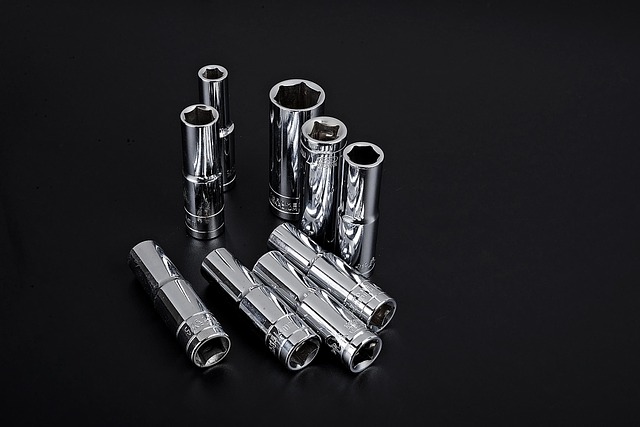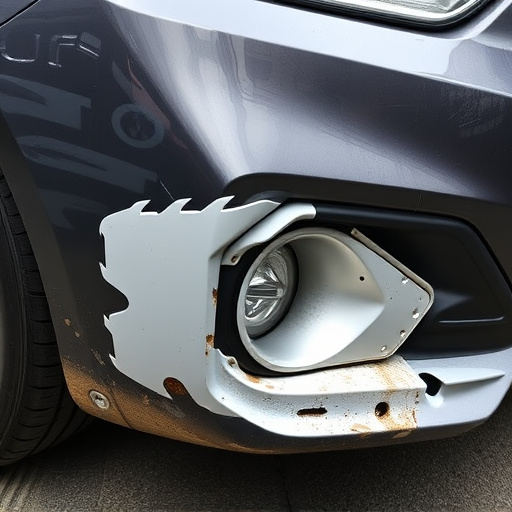Winter tires are a critical preventive measure for reducing snow-related crash repairs by enhancing friction and traction on icy and snowy roads. Their specialized design decreases skids and accidents, significantly lowering the risk of weather-induced crashes and the subsequent need for costly auto repairs. Seasonal tire changes, particularly adopting winter tires during colder months, benefit drivers and fleet repair services by minimizing downtime, lowering maintenance costs, and enhancing overall road safety.
In regions with harsh winters, the switch to winter tires is more than a convenience—it’s a preventive measure. This article delves into the critical link between winter tires and their role in minimizing snow-related crash repairs. We explore how seasonal tire changes impact road safety and examine studies showing reduced crash frequencies among vehicles equipped with winter tires. By understanding this connection, drivers can make informed choices to enhance winter driving safety.
- Winter Tires: A Preventive Measure for Snow-Related Crash Repair
- Impact of Seasonal Tire Changes on Road Safety and Repairs
- Exploring the Link Between Winter Tires and Reduced Crash Frequencies
Winter Tires: A Preventive Measure for Snow-Related Crash Repair

Winter tires are an essential preventive measure for reducing snow-related crash repairs. These specialized tires are designed to offer better traction and handling on icy and snowy roads, which significantly decreases the risk of skids and accidents. By enhancing friction between the tire and the road surface, winter tires enable drivers to maintain control and stop more effectively in adverse weather conditions.
In regions with severe winters, where snow and ice are common, using winter tires can lead to a notable decline in the frequency of snow-related crash repairs at auto repair shops. This is because these tires help prevent accidents from happening in the first place, thereby reducing the need for subsequent vehicle restoration and automotive body work.
Impact of Seasonal Tire Changes on Road Safety and Repairs

The transition between seasons significantly impacts road conditions, which directly affects vehicle performance and safety. Using winter tires during colder months is a crucial practice to prevent accidents and reduce repair needs. These specialized tires are designed with enhanced traction and grip, allowing for better control on icy or snowy roads—a common occurrence in many regions during the winter season. By adopting seasonal tire changes, drivers can substantially decrease the likelihood of snow-related crash repairs, which often involve extensive car body restoration and costly car paint repair services.
Moreover, fleet repair services benefit from this practice as it helps lower maintenance costs and minimizes downtime for vehicles. The benefits extend beyond financial savings; they contribute to enhanced road safety, ensuring a smoother and more secure driving experience for everyone on the road.
Exploring the Link Between Winter Tires and Reduced Crash Frequencies

Winter tires have been shown to play a significant role in reducing snow-related crash repair frequencies. Studies indicate that vehicles equipped with winter treads experience fewer accidents during icy and snowy conditions compared to those using all-season or summer tires. This is largely due to improved traction and handling on cold, slick surfaces, enabling drivers to navigate treacherous roads with greater safety.
As winter weather sets in, switching to winter tires can be a game-changer for road safety. These specialized tires feature unique tread patterns designed to dig into snow and ice, providing better grip and stability. This enhanced traction reduces the risk of skidding and sliding, two common causes of car accidents during winter. As a result, many collision centers and car repair shops see a decrease in the number of vehicles brought in for repairs related to weather-induced crashes when drivers make the switch to winter tires.
Winter tires, as a preventive measure, significantly reduce snow-related crash repairs. By providing better traction and handling on icy and snowy roads, these specialized tires play a crucial role in enhancing road safety during the winter months. The data highlights a clear link between their use and lower frequencies of accidents, emphasizing the importance of seasonal tire changes for drivers seeking to mitigate risks on hazardous winter conditions.














